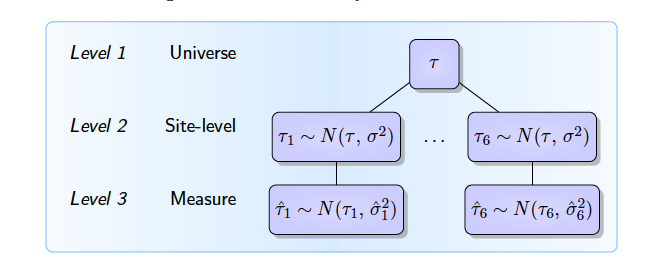Bayesian hierarchical analysis of a multifaceted program against extreme poverty
The evaluation of a multifaceted program against extreme poverty in different developing countries gave encouraging results, but with important heterogeneity between countries. This master thesis proposes to study this heterogeneity with a Bayesian hierarchical analysis. The analysis we carry out with two different hierarchical models leads to a very low amount of pooling of information between countries, indicating that this observed heterogeneity should be interpreted mostly as true heterogeneity, and not as sampling error. We analyze the first order behavior of our hierarchical models, in order to understand what leads to this very low amount of pooling. We try to give to this work a didactic approach, with an introduction of Bayesian analysis and an explanation of the different modeling and computational choices of our analysis.
PDF Abstract